My Monticello by Jocelyn Nicole Johnson is a collection of several stories and a novella. The opening story, “Control Nego,” is dynamite and is told in the form of a letter from an academic to his illegitimate son. The story appeared in the Best American Short Stories anthology and was worthy of that honor. I also liked the story that appeared in Prime Number Magazine, the magazine I used to edit, five years ago (after I had left the magazine, so I had nothing to do with it). The collection also includes a list story and some other gimmicks, and those provide for some variety. The bulk of the book, however, is the title novella, “My Monticello,” and it is powerful, especially knowing that the author lives in Charlottesville VA, not far from where I live and the location of the Unite the Right rally of white supremacists. It’s not hard to imagine the troubles that have occurred there happening again and taking on an apocalyptic dimension as depicted in the story. Fiction? Or prophesy?
The Story Sisters by Alice Hoffman is about three sisters, Elv, Meg, and Claire Story who grow up on Long Island with their mother after their parents’ divorce. (At which point he virtually disappears from the girls’ lives and the book, which seemed an odd loose thread.) Elv, the eldest of the sisters, is the victim of child abuse at the hands of a teacher and this has a huge impact on her life, driving her to create an imaginary world with its own language and later to practice dangerous behaviors. She doesn’t tell anyone—not uncommon in real life, I gather—but as a result no one knows how to help her. She goes in a bad direction, which impacts her sisters’ lives, too. I found the book needlessly maudlin and melodramatic.
Say Nothing: A True Story of Murder and Memory in Northern Ireland by Patrick Radden Keefe was my book club’s selection for November. The writing is outstanding and gripping, and while the broad outline of the Irish Troubles was known to me, the book offers detail and a perspective that was new. It was fascinating to read about some of the key players within the IRA and some of the background of the conflict. Something I was completely unaware of was the “Belfast Project,” a collection of interviews with both Loyalists and Republicans that was lodged at Boston College. Those interviews became a liability for BC as UK authorities sought to get access to them in order to prosecute various players for crimes committed. Ultimately, as the book discloses at the end, BC returned the interviews to the subjects in an attempt to wash its hands of the project.
The Art of Revision by Peter Ho Davies is a short book in the Graywolf Press “Art of . . .” series. I like Davies’s work and this is well-done, but it isn’t quite what I expected. The examples used are often two published versions of the same story or anecdote, demonstrating what has changed from one version to the next. Sometimes he’s looking at the same facts used in the work of different writers, how various authors have used, for example, the basis of a Hemingway story for their own purposes. This is revision, yes, but it isn’t quite what I was expecting as I work on a “revision” of my current work in progress. Yes, I intend to do more than mere editing, but I’m also not creating a separate and distinct work. I’m revising, not recreating something I already once considered finished. Still, it’s a recommended read for writers.
Oh William by Elizabeth Strout is another quiet book where not much happens. And yet, the telling is everything, because the character of Lucy Barton is fascinating and has such a distinct voice. Here, Lucy is still mourning the death of her husband David, whom she married after she left William, her first husband and the father of her daughters. She had gotten to know William’s mother well, and has remained friends with William, despite learning of his numerous infidelities. One focal point for the book is that William has learned, late in life, that he has a half-sister, and he invites Lucy with him to find out about her—not necessarily to meet her, but to learn what her life is like. This is the most suspenseful part of the book, in my view, as discussions of family secrets often are. I’m sure this won’t appeal to everyone, but I liked it a lot.
Lovebirds by Hananah Zaheer is a chapbook of very short stories, mostly about women in oppressive relationships or families. The oppression is, in most cases, a result of traditional Islamic values and views of the role of women and their appropriate behavior. While respectful of Islam, the book can be read as an indictment of the way some in the faith treat women, and a call for change.


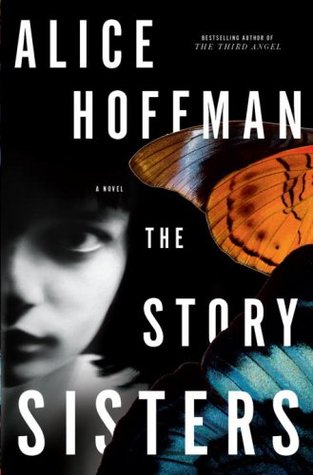
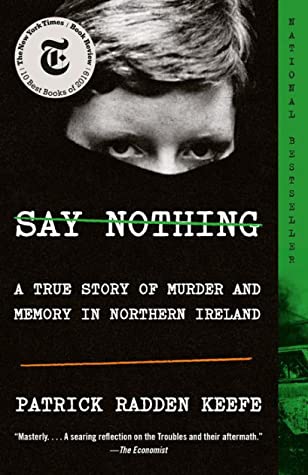
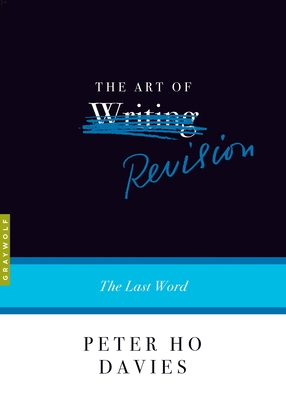
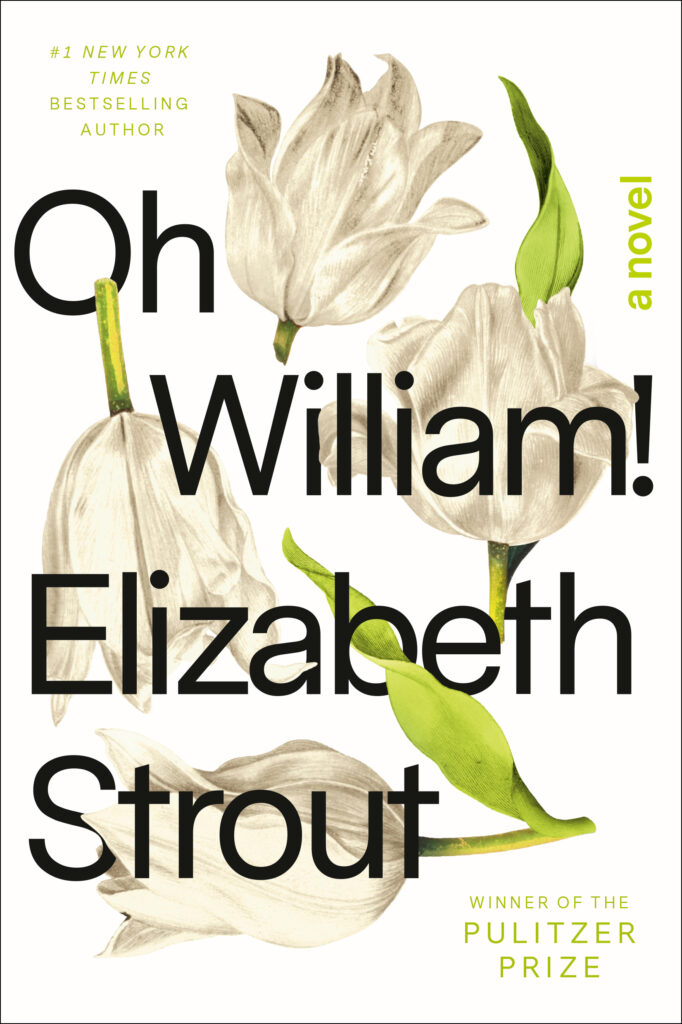


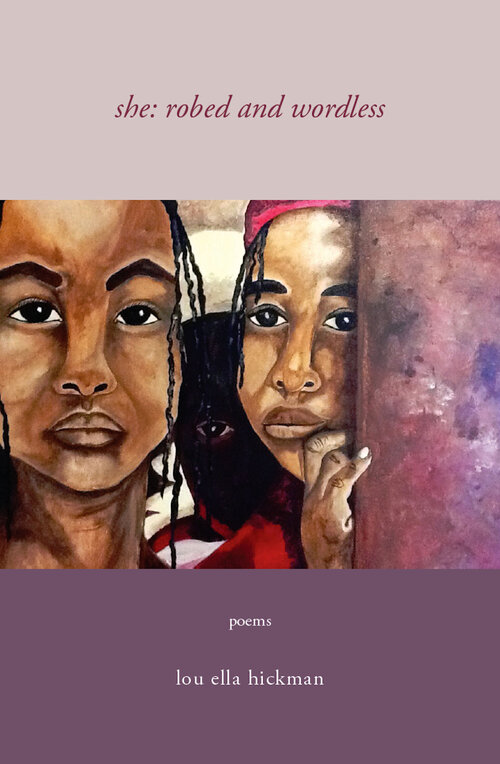
I really enjoyed your latest reviews, Cliff. (And I have nothing more articulate to say than that!) Thanks—and I hope your time at VCCA is an especially good one.
Thank you, Carol!